We co-created products that give value to wasted crops
A project for MashpiLab
MashpiLab is Fundación Futuro’s food initiative. A food & gastronomy research, innovation and sustainability lab that aims to create new economic venues for agricultural and rural communities around a large conservation area located in the heart of Ecuador’s Chocó Andino region.
Their Goal
MashpiLab aims to reshape the role of food & gastronomy within these communities to create a food system that generates benefits both for the community and nature. As we know, around the world food production is complex and on many occasions, it ends up being detrimental to preserving ecosystems, exploitative to the people behind it, and creating very uneven playing fields with large food retailers in a race to the bottom for price leadership.
In this context, MashpiLab has been a dynamic entity that has taken many forms with a true prototype, test & iterate vision, with a laser-sharp focus on its social mission.
Our Goal, together
For this iteration of MashpiLab, Mycelium created a project to respond to the challenge of co-creating products to add value to the crops of these communities. In close collaboration with all key stakeholders of the value chain, including the local network of agroecological producers, the Association of Women Entrepreneurs of Guayabillas (ASOMEG), and Metropolitan Touring, the first committed buyer for these products; with some more to come in the near future!
Alongside these key stakeholders, and with the leadership of Fundación Futuro, Mycelium immersed itself in the territory and the needs from both ends: supply & demand, to create products that are technically viable with a sound market fit, yet highly creative & meaningful for both the communities and the hotels. Let’s dig in.

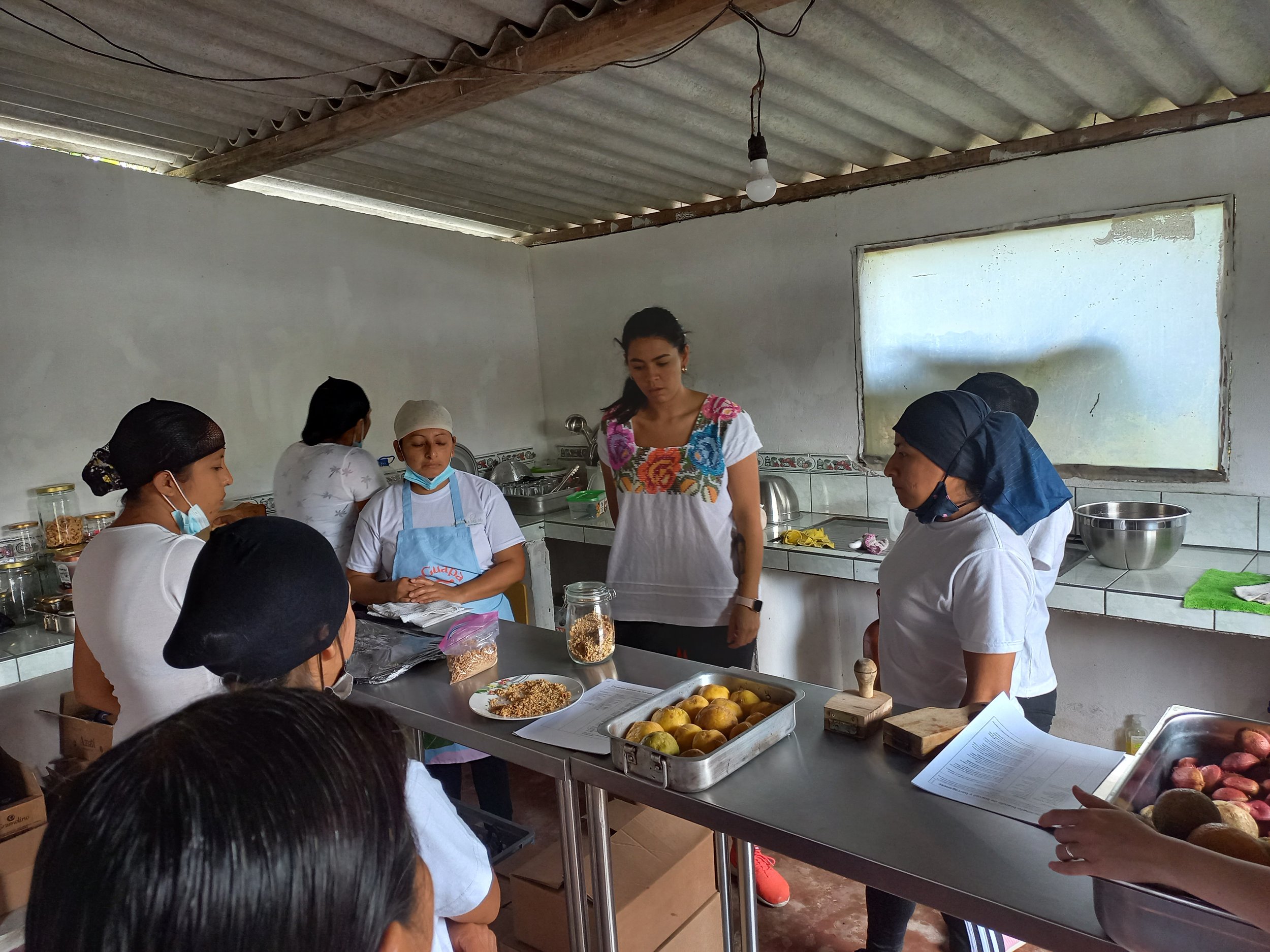

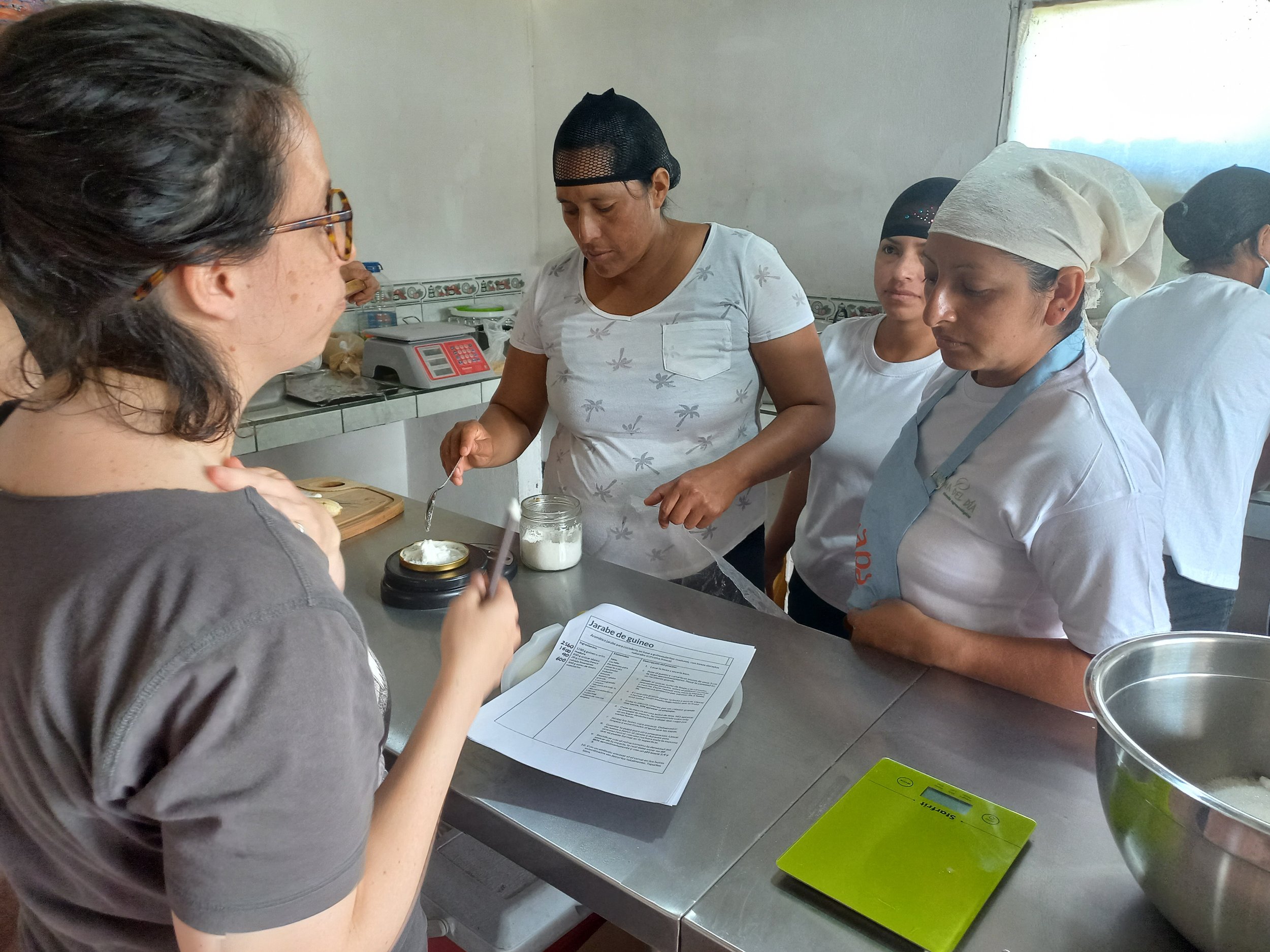
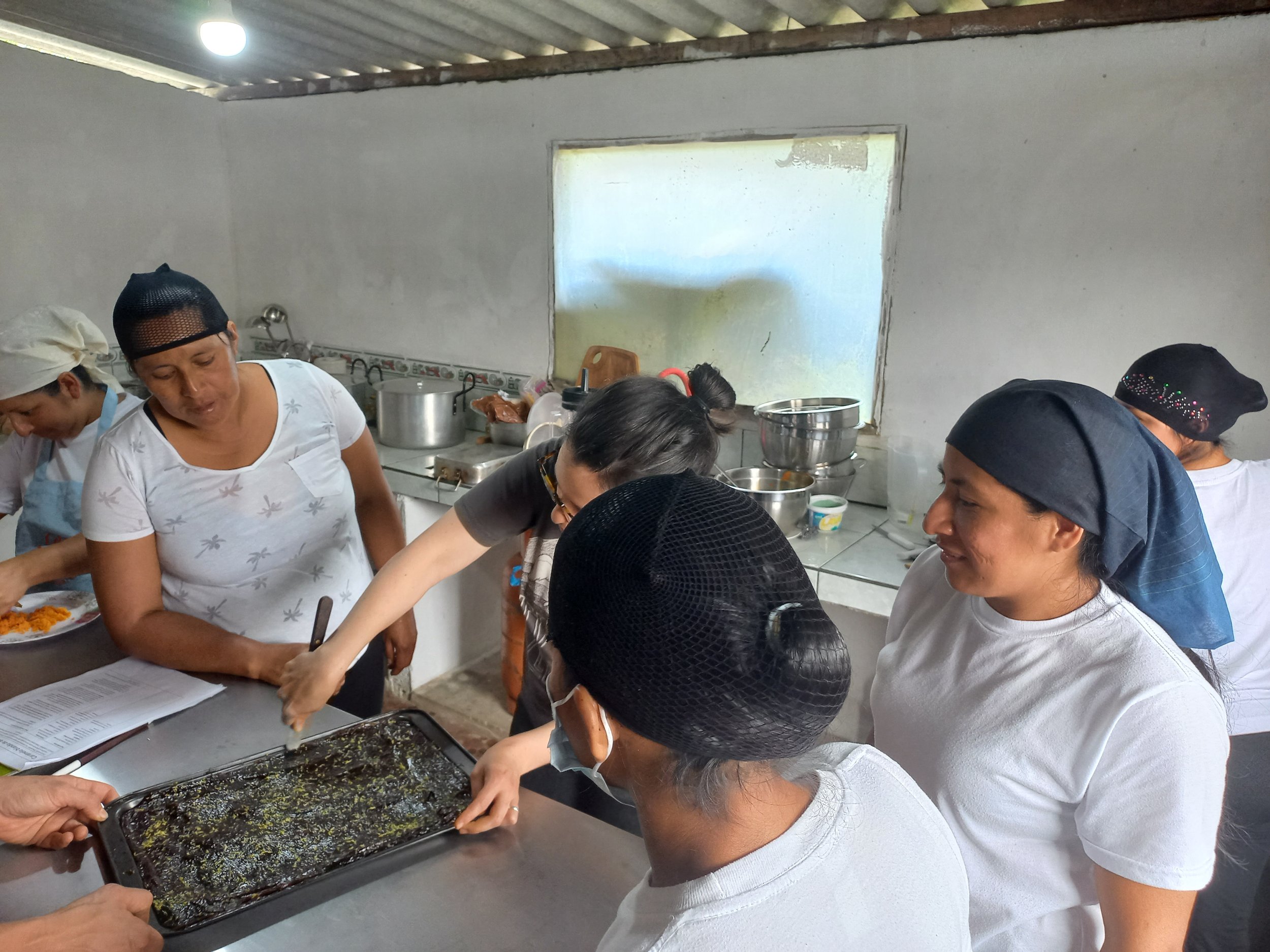
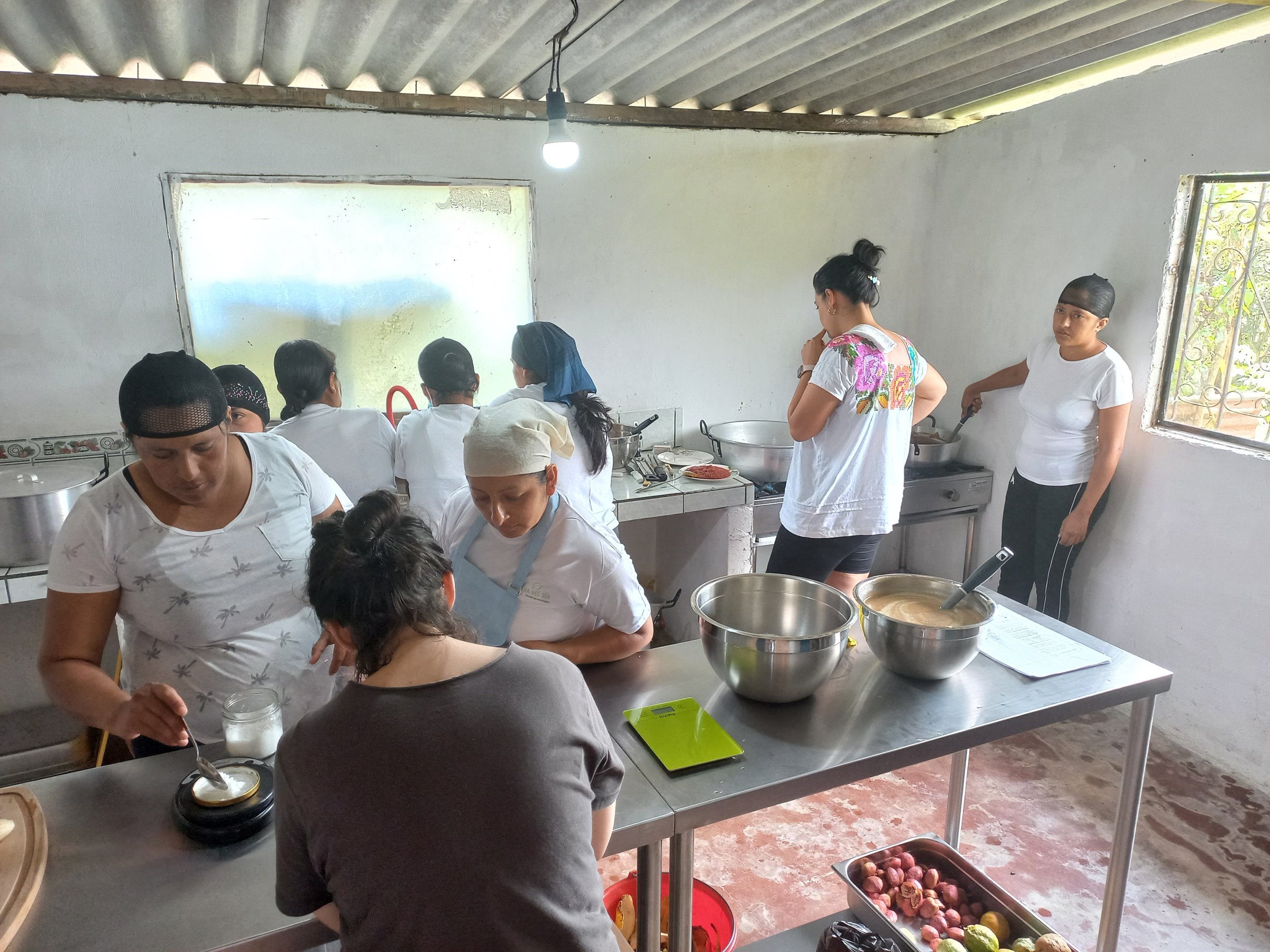

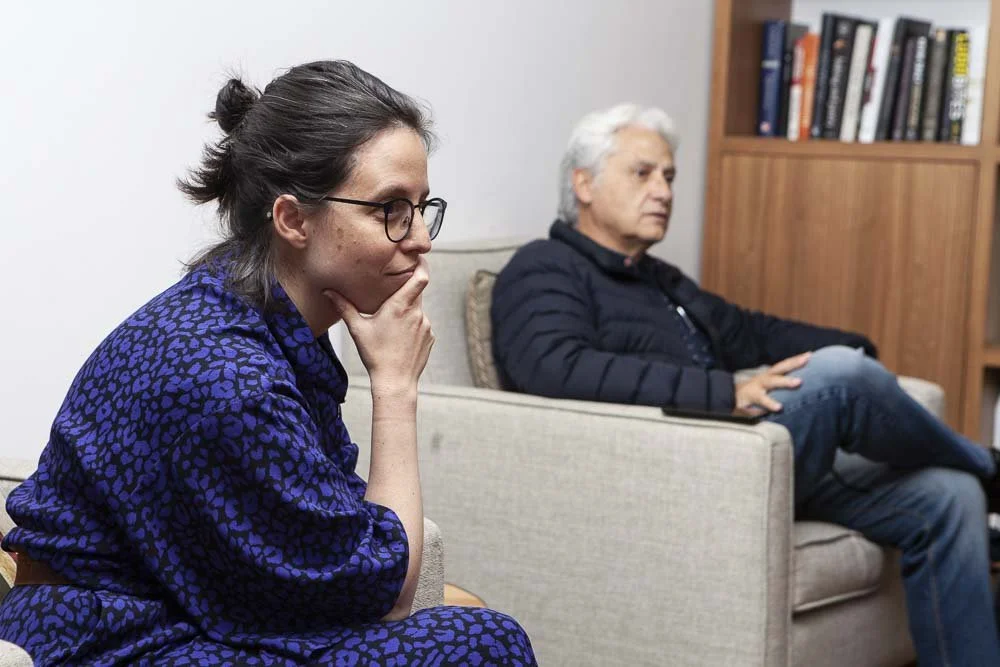
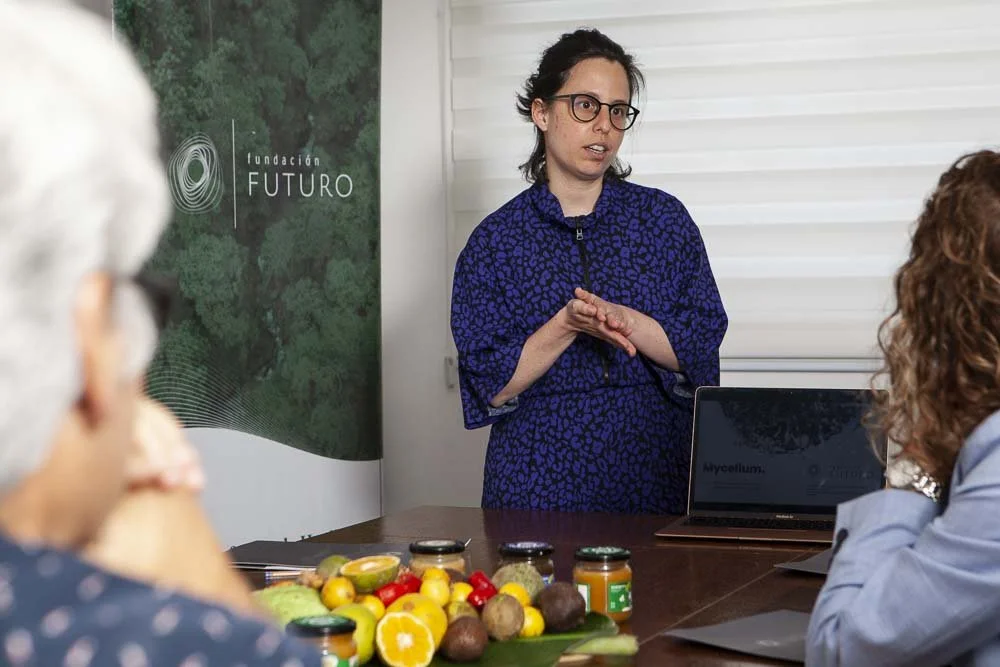
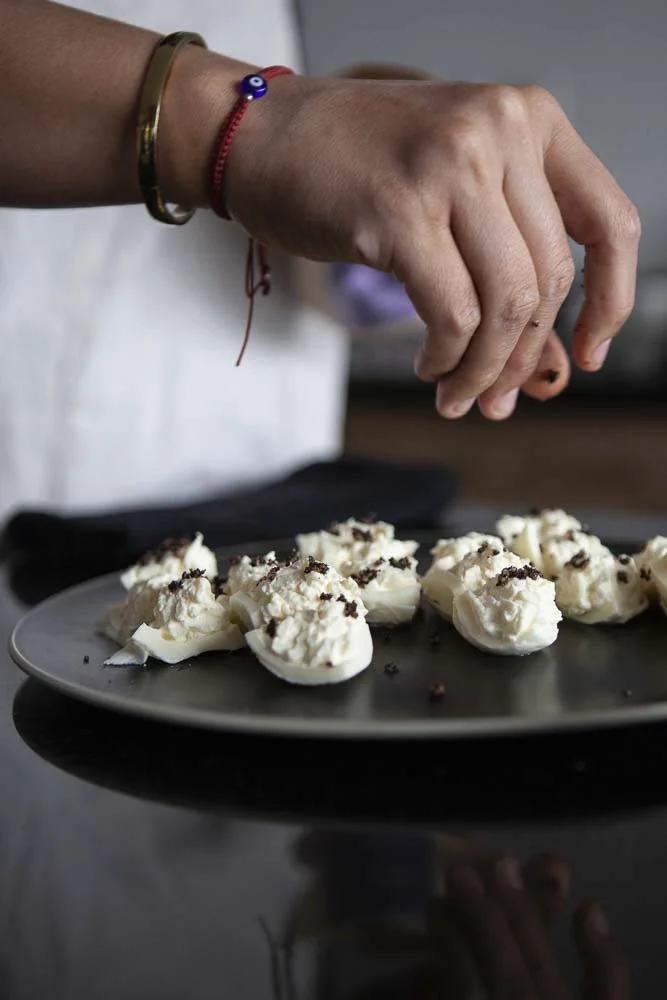
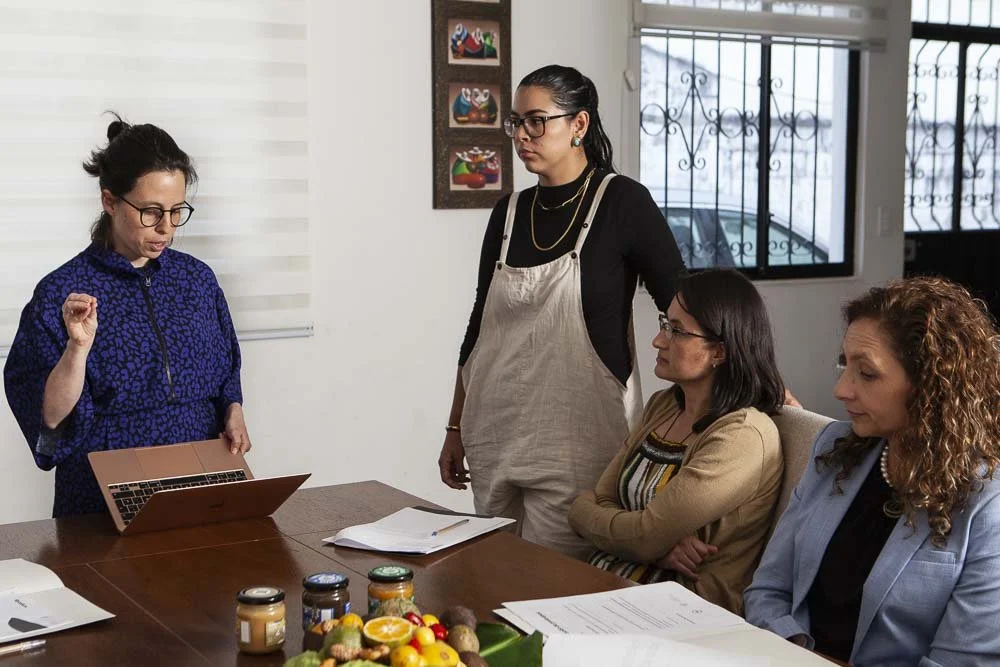

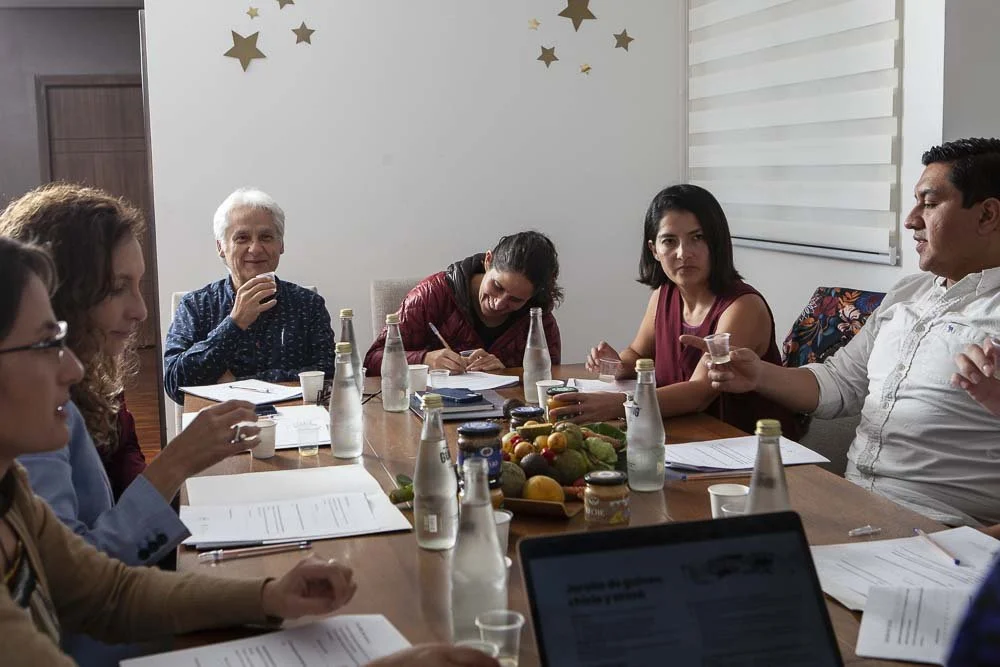
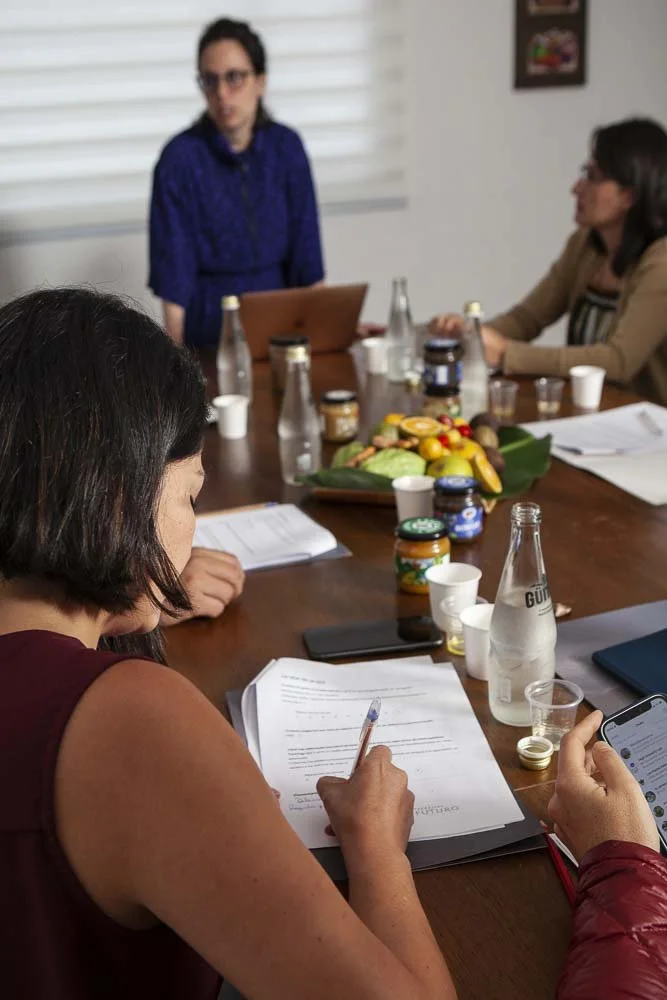
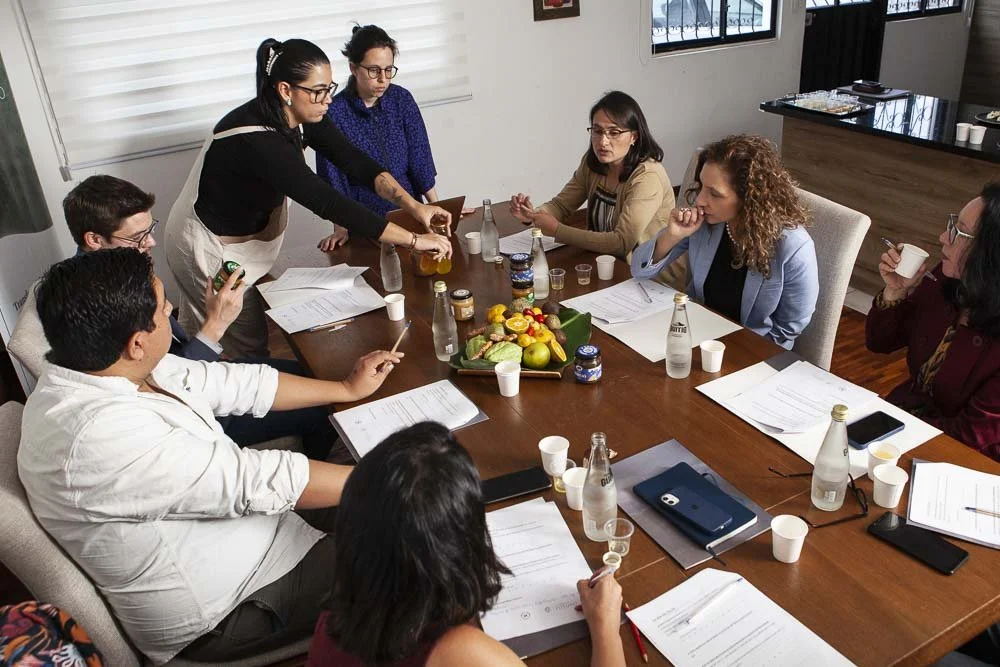


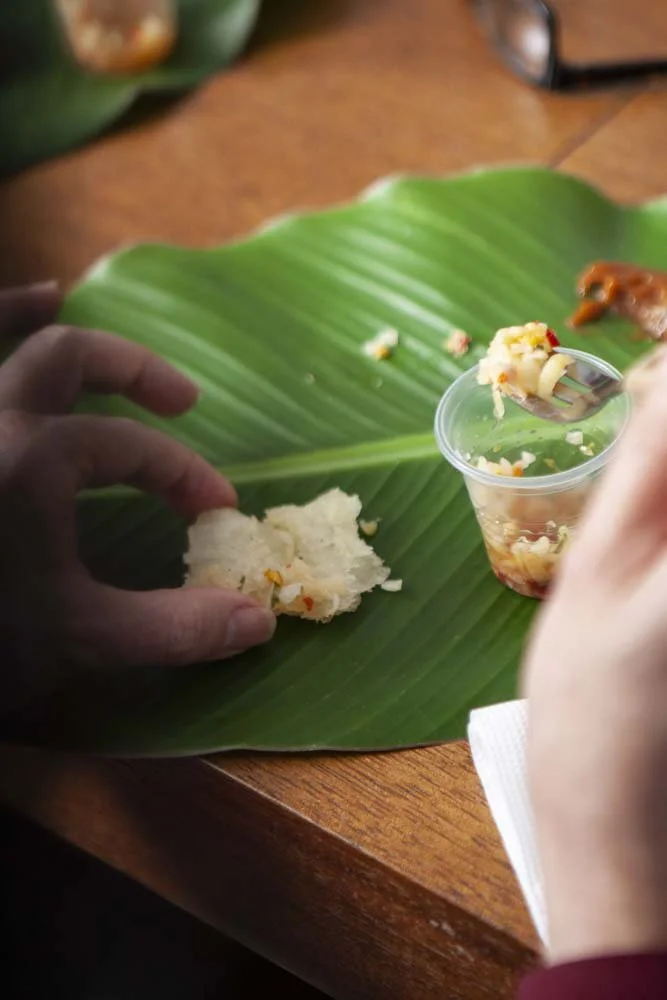
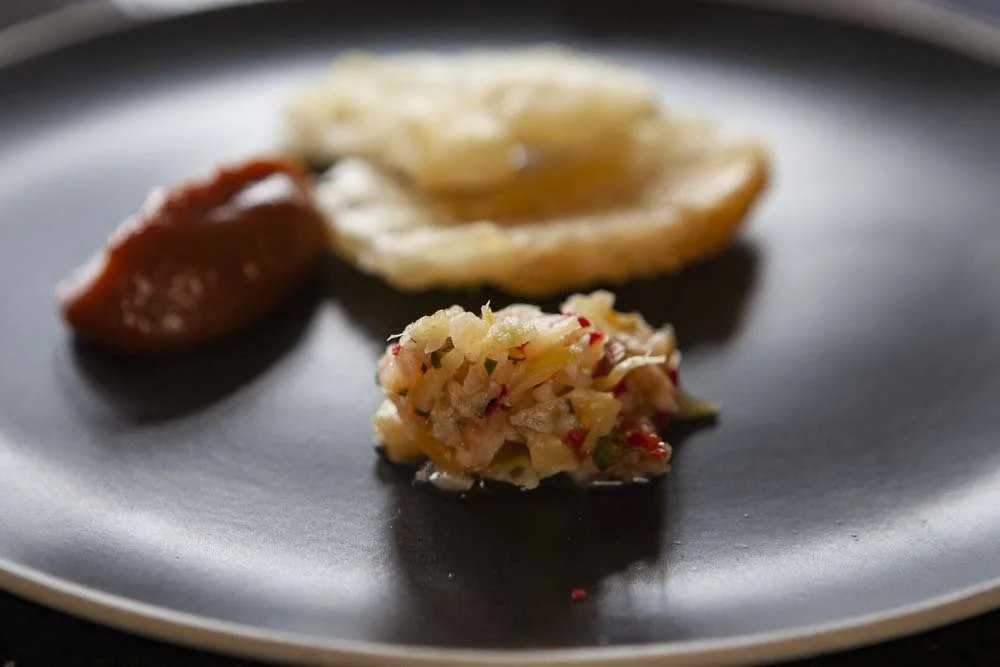
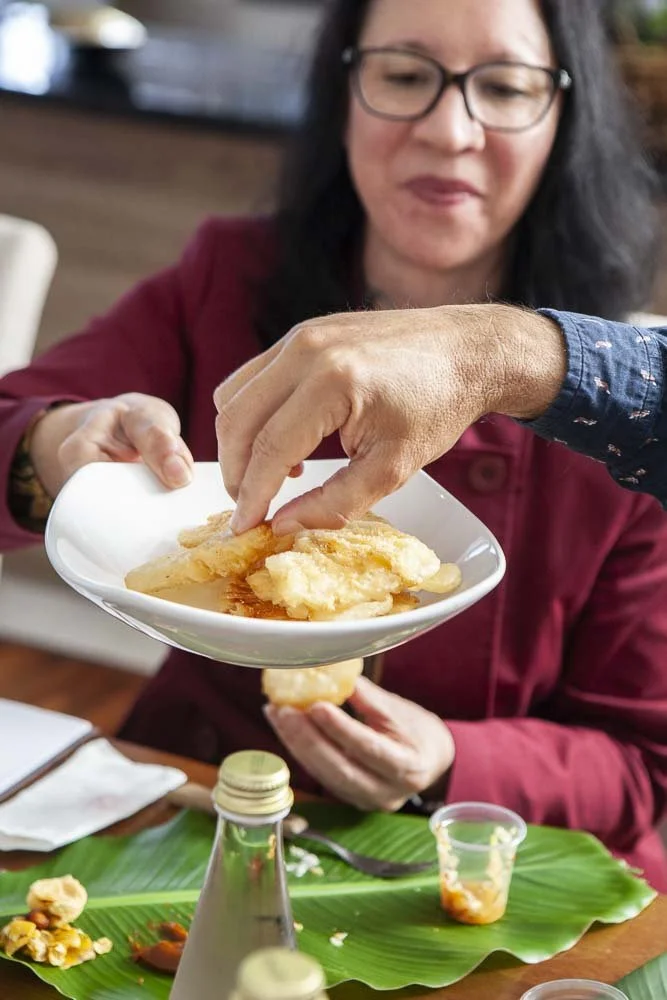
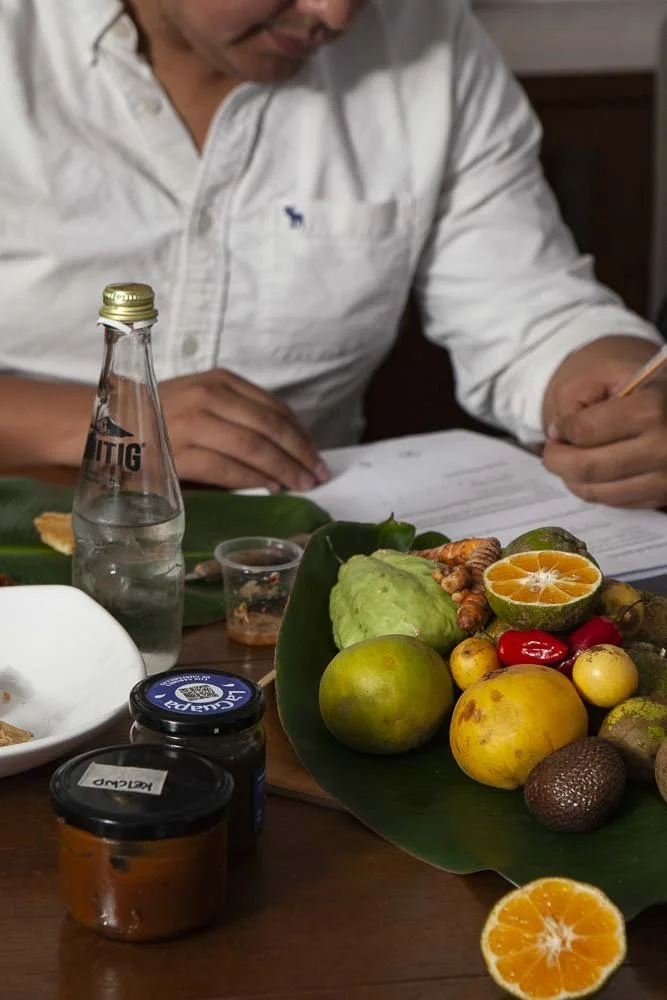
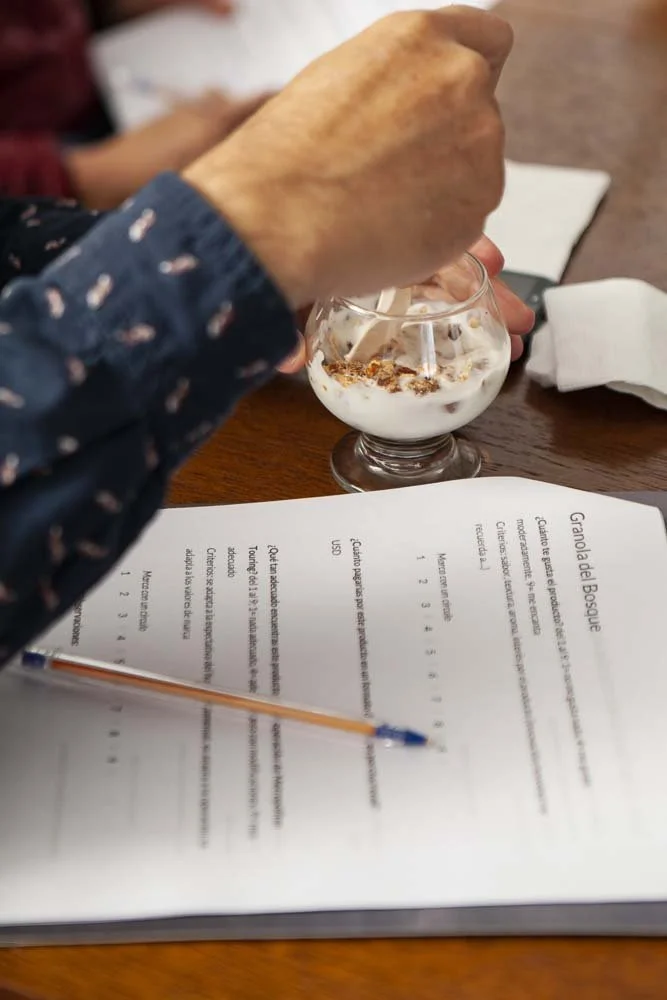
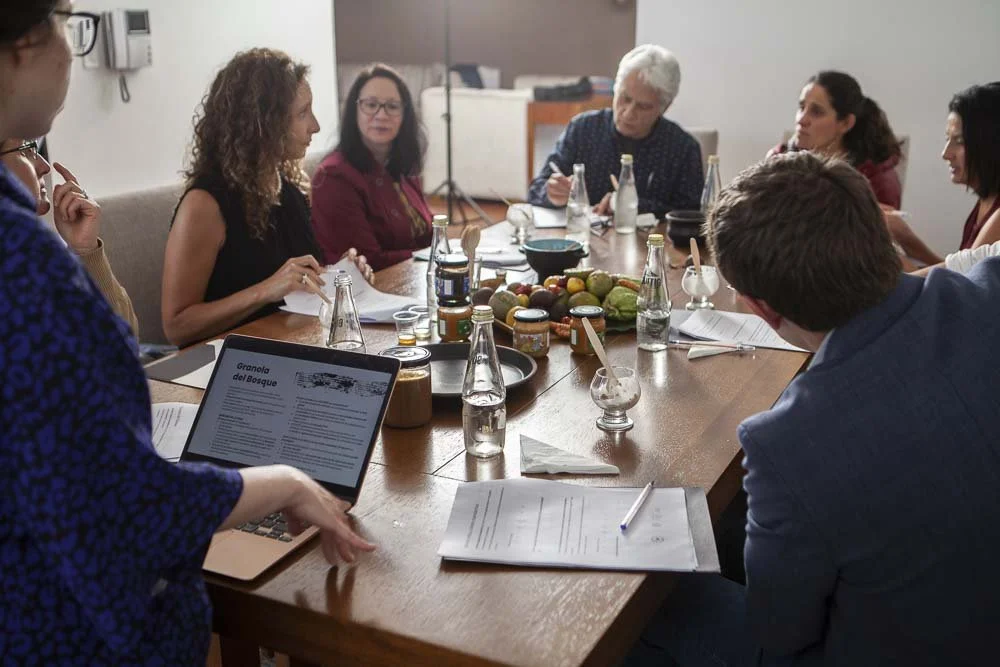
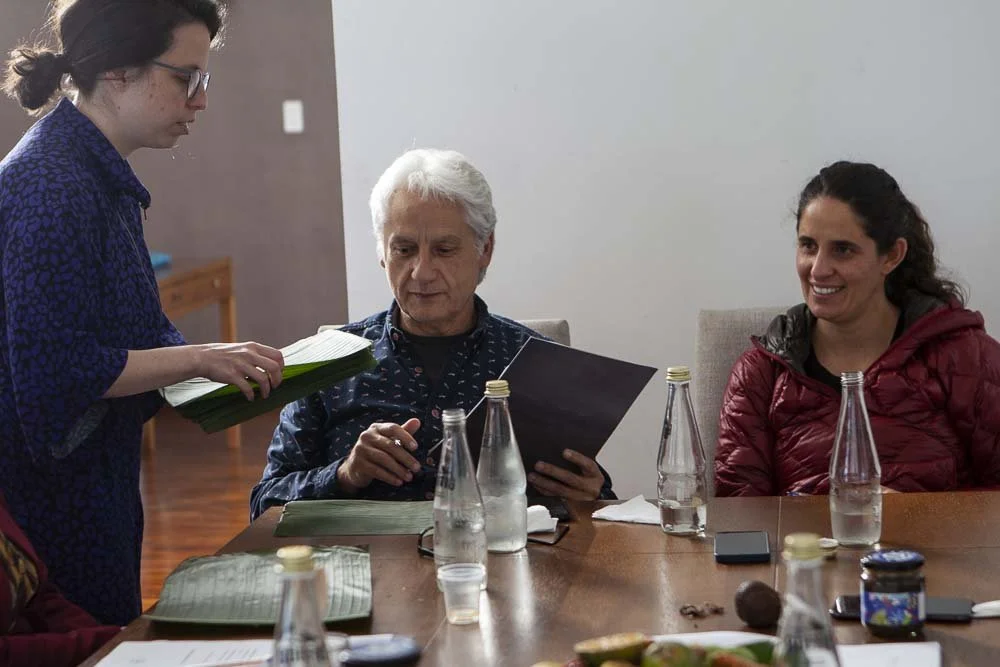
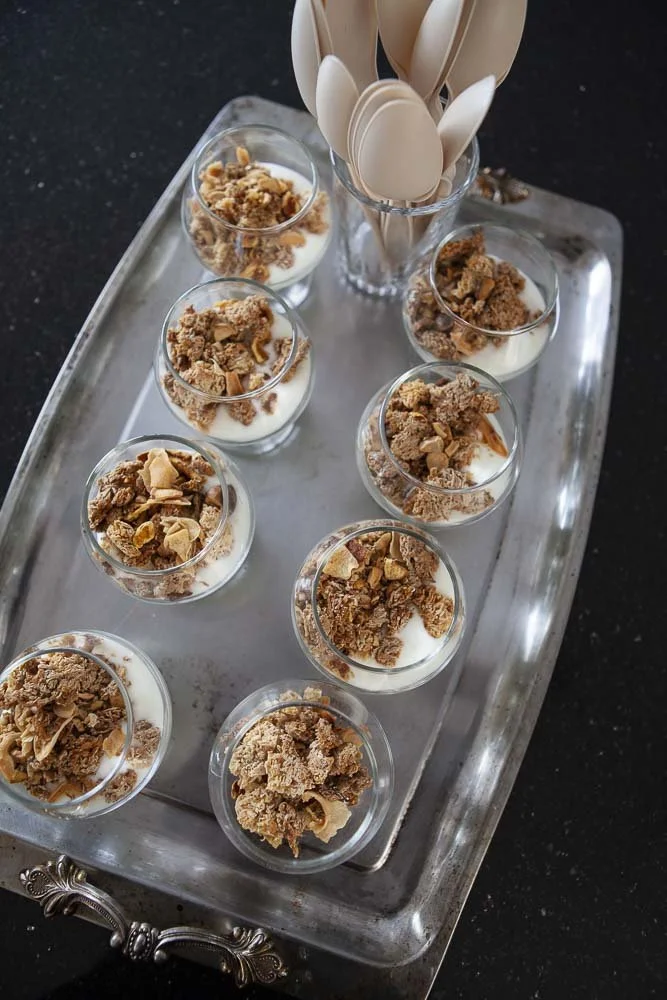
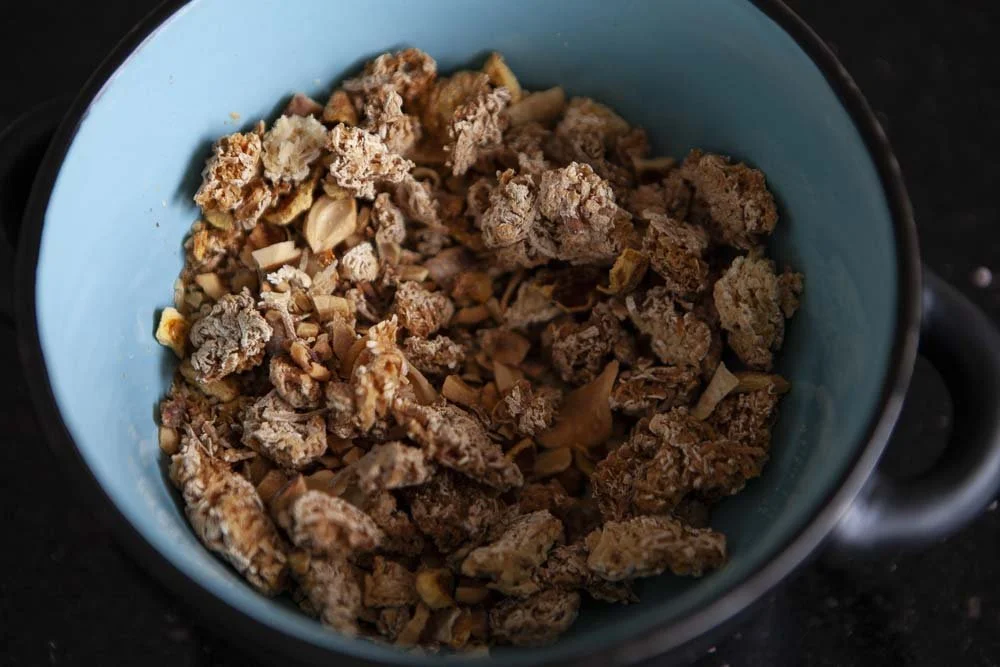
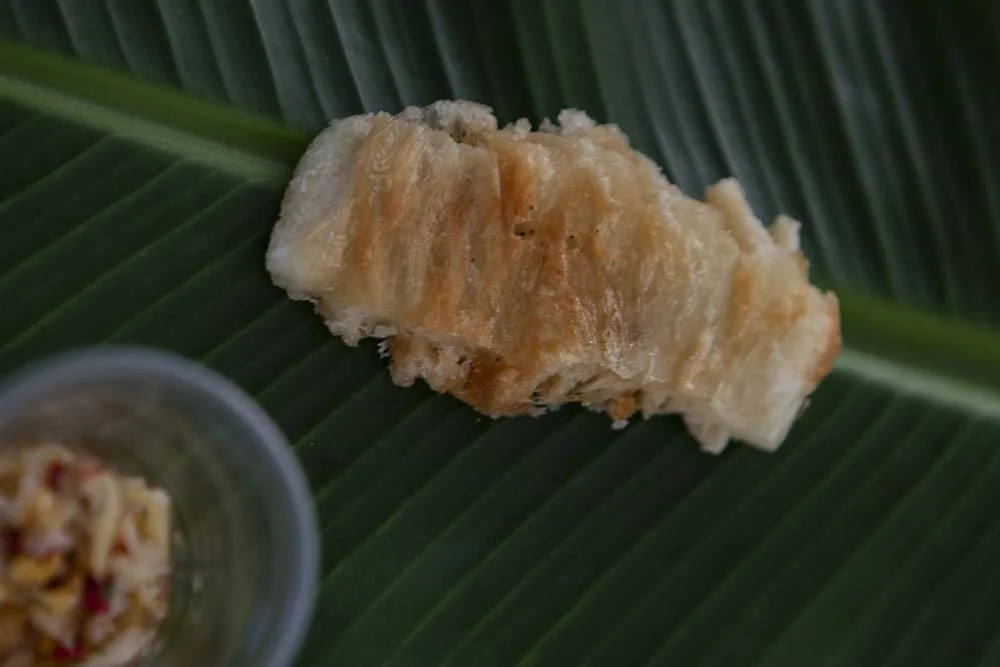
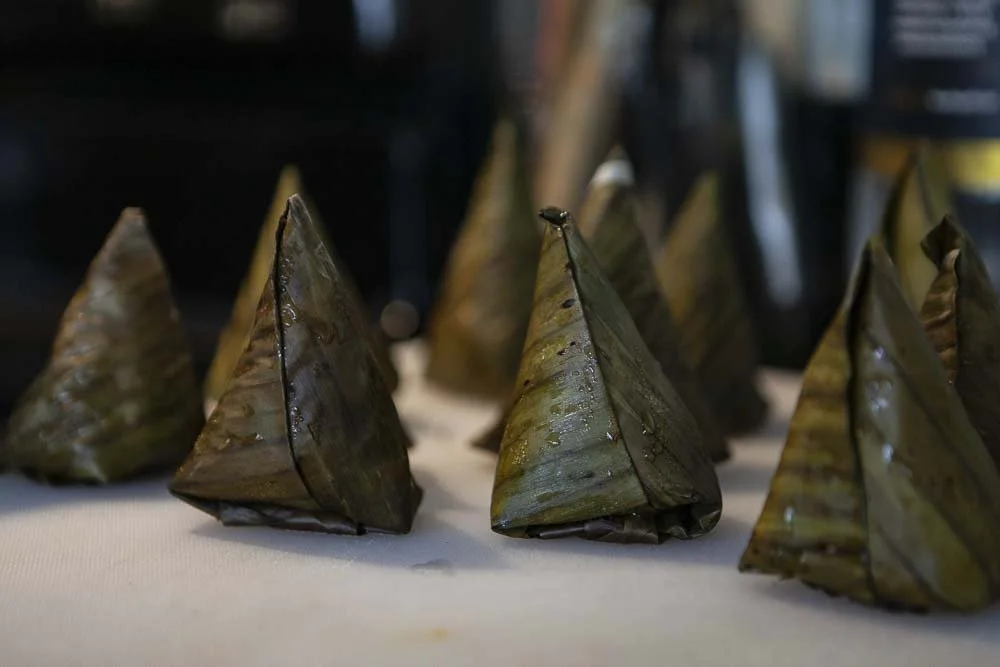
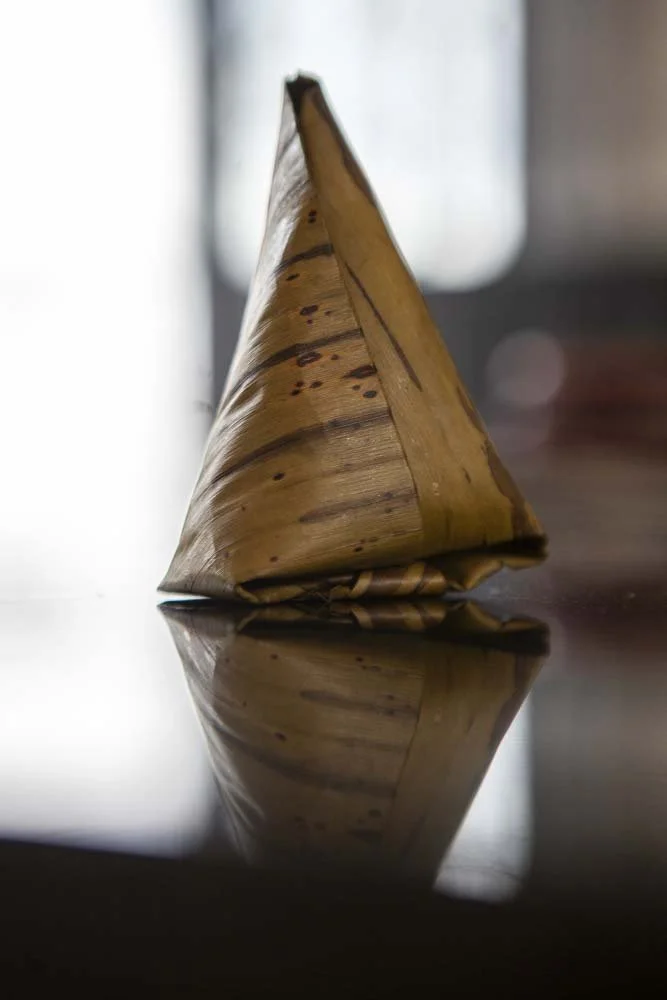
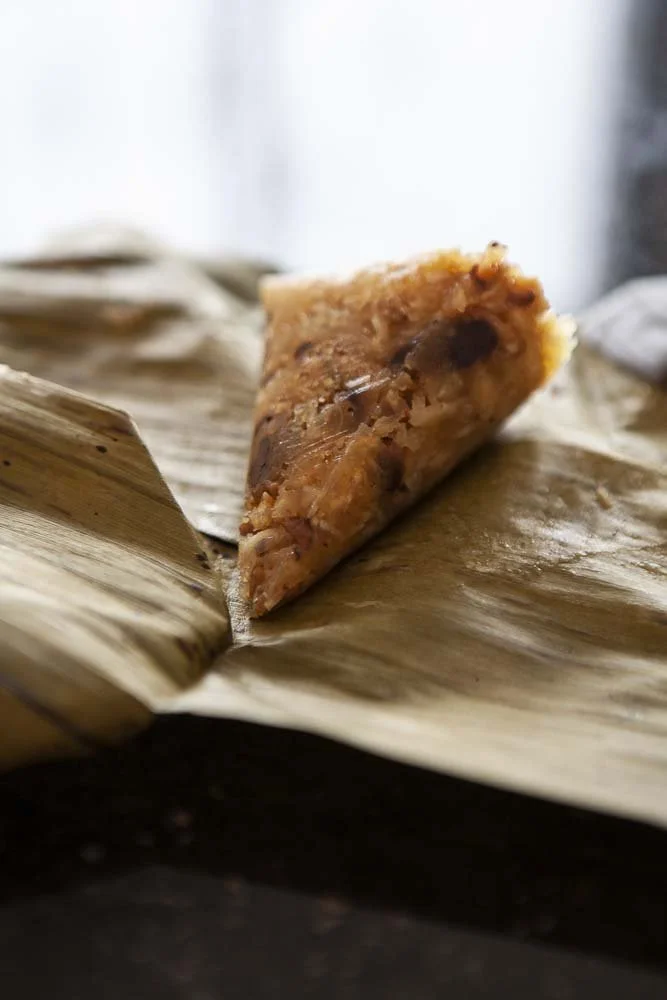
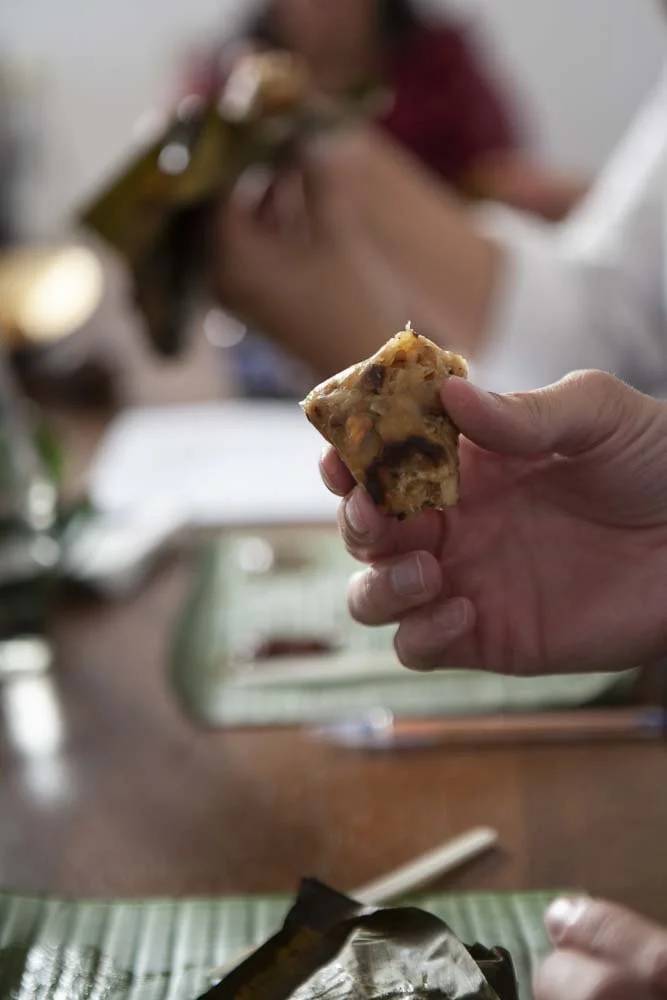
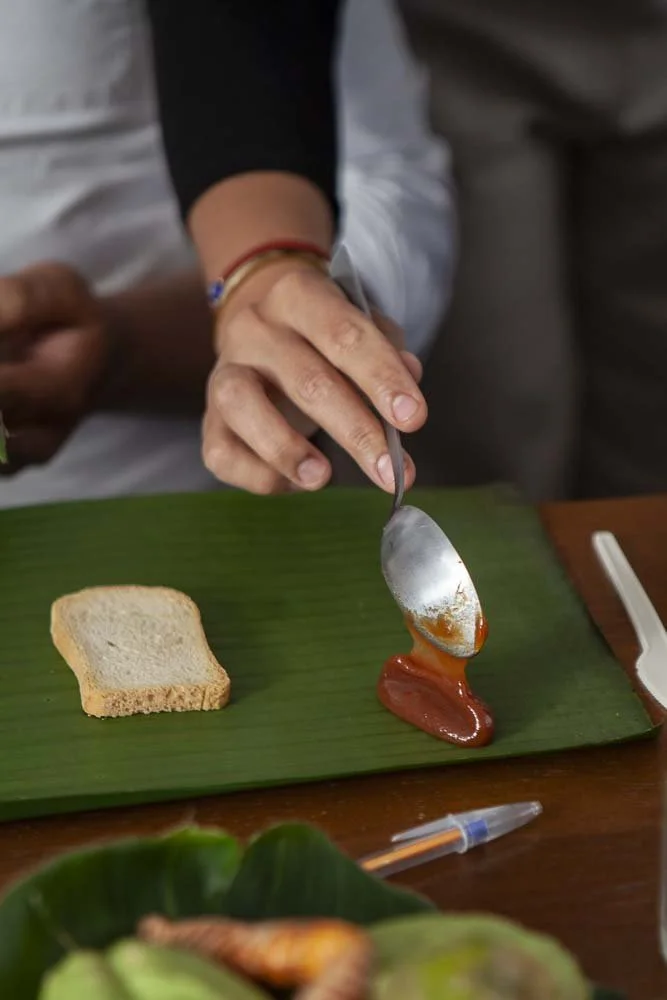
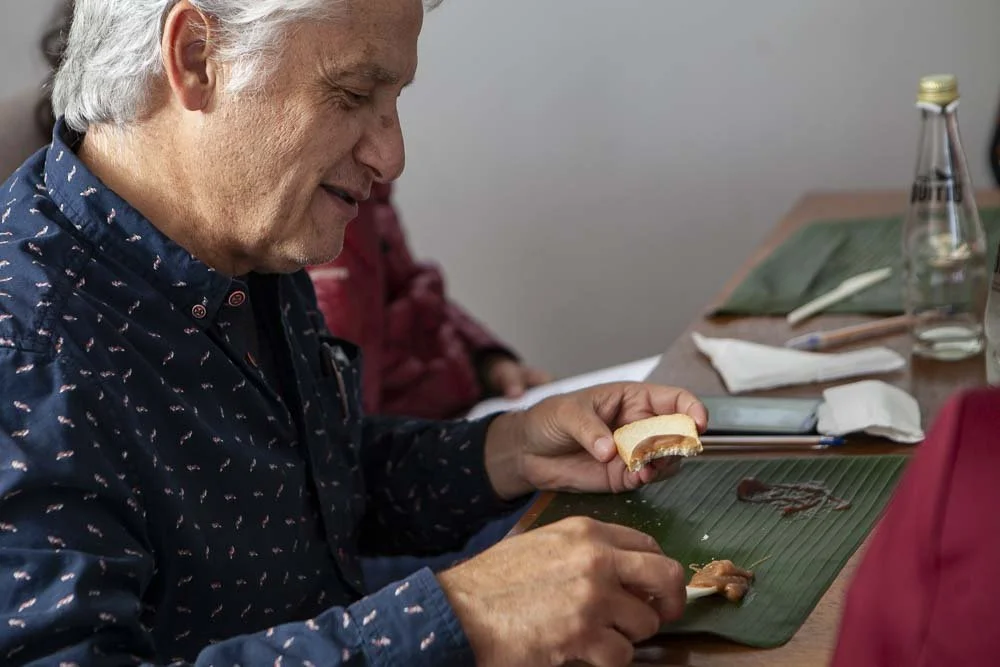
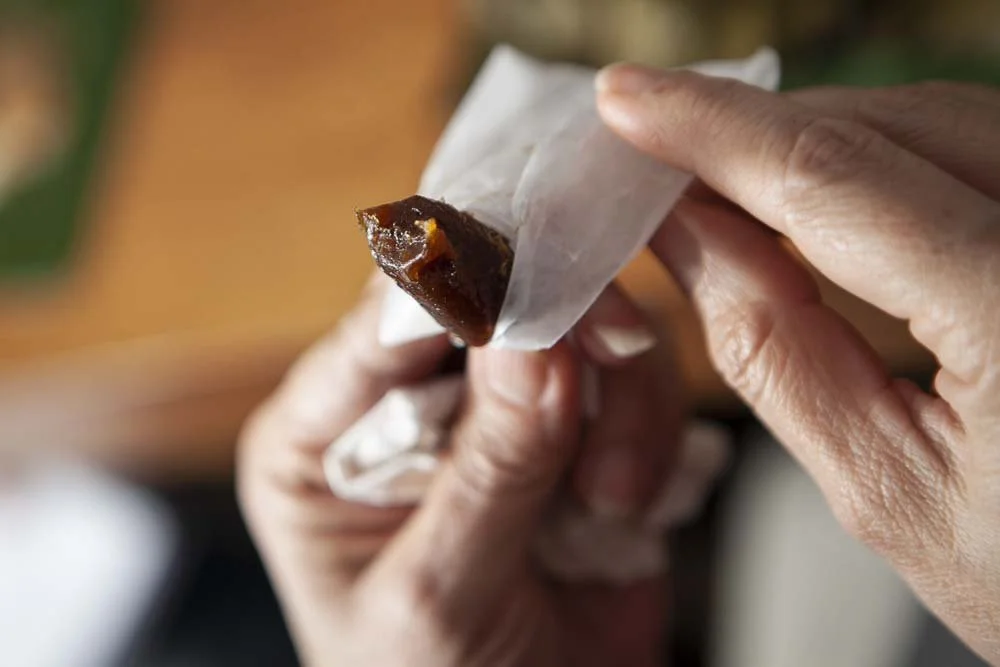
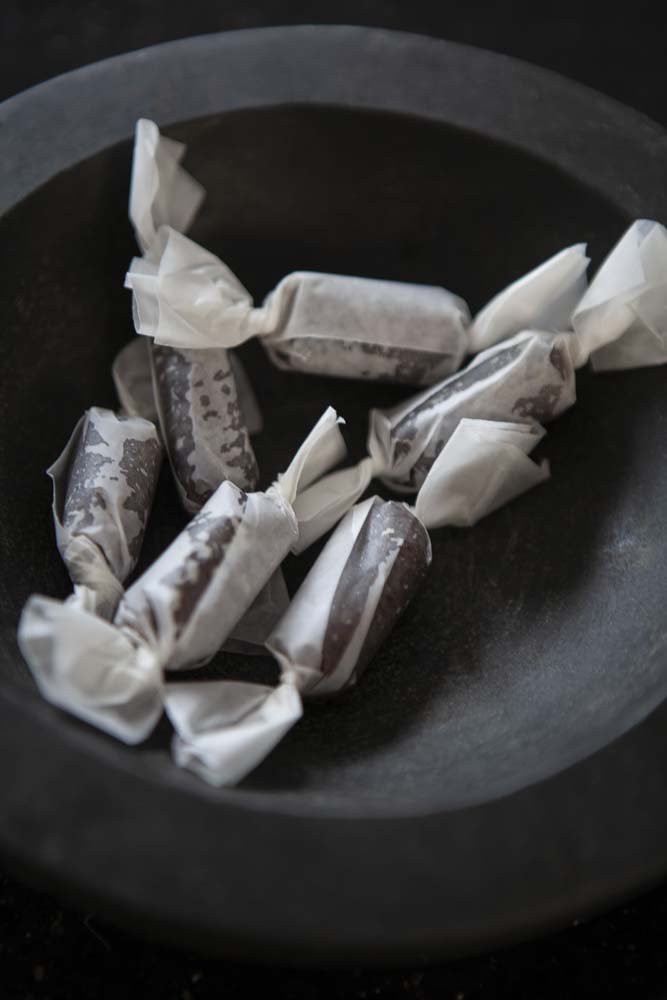
The Challenge
How might we design B2B products for artisan production with high gastronomic value and potential to command high willingness to pay, thus generating high margins?
How we tackled it
Alignment
We first aligned ourselves with Fundación Futuro to explore:
Vision & values
The specific challenge we want to explore & the project learnings in its 3-year life
Key stakeholders & client segments for the products developed
Short, medium, and long-term commercialization strategy
Research
We interviewed 12 key stakeholders, 7 from the buyers end and 5 members from the Association of Women Entrepreneurs of Guayabillas (ASOMEG), this exercise yielded:
Development guidelines that satisfy the main needs of both buyers and producers, such as: of course, using agro-ecological products that reinforce our conservation mission, but some more concrete ones too, like using the most wasted & least valued crops in large quantities, to create products that can be served in hotels on a daily basis, that have a long shelf life & that command willingness to pay a premium.
Customer personas for our buyer’s clients
Risks & limitations of the project, which in their majority were mitigated in advance
Additional opportunities outside of our realm of action for this project, in areas as diverse as planting & harvest, packaging, byproducts, primary processing & other products to develop in the future.
Data Analysis
We analyzed our buyer’s purchase data, to better understand what products could be partially substituted with the new products to be proposed & developed. Doing so also uncovered additional opportunities outside our project's scope!
Proposal
With these guidelines in mind and validated by all stakeholders, we proposed 10 products to test (and taste!) in Ecuador, to get to this proposal we:
Conducted a chef’s creative ideation
Filtered the ideas (over 100!) with the innovation method “real, win, worth it”
Analyzed the ideas resulting from this exercise to determine: possible investments, risks & market fit hypothesis. We created a portfolio matrix for key stakeholders to visualize the proposal better, and thus make better decisions as we move forward.
Of course, this uncovered new opportunities for gastronomy projects in the territory! - Actually, the place is so biodiverse & generous, we have the suspicion that the opportunities are endless.
Prototype, Test & Train
We moved our families to Ecuador for 20 days to prototype, test & train the trainers
Tested & tweaked recipes to get some delicious, unique & safe products with the over-the-top, fantastic produce from the region
Gathered key stakeholders from the buyer’s end to taste the 10 ideas, to further choose 5 to conduct training of. Tasters had of course a great time tasting delicious foods, but we also took the chance to gauge, individually and rated on a scale: likeability, context-appropriateness & willingness to pay in USD.
Calculated the unit cost of each of the products, to assess which products had the best odds to sell well & generate the most profit.
Held a train the trainers session, with some of ASOMEG’s leaders and a larger training session with most of ASOMEG’s team
Ongoing Support
We closed off the project, remaining on call for the next 3 months. Handing over detailed technical documentation.
Deliverables
Strategic alignment report
Interviews of buyers & producers, design & delivery (12)
Buyers & producers research report: guidelines for new product development, main findings, end consumers types, characteristics & needs, project’s risks & limitations, additional opportunities for product development
Proposal for product development (10 products), that includes analysis of hotels’ purchases & market-fit analysis
Tasting of 10 prototypes (with 8 key stakeholders), which includes data gathering & analysis, as well as unit cost calculations & other support to select 5 prototypes
Training sessions (two 10-hour sessions), the first to train the trainers, the second with the larger group.
Closing deliverables: SOPs, process flowcharts with critical points, production amount charts, scaling up strategies & recommendations.
Scope.
Meet the Team Involved.
-

María Fernanda Barriga
-

Estefania Simon-Sasyk
-

Constanza Díaz del Castillo
“Mashpi Lodge and Grupo Futuro are pleased with the community work and the products developed, many are on our weekly purchasing list.”
Carolina Dávalos — Coordinator for the Sustainable Territory Strategy of Fundación Futuro
And the Institutions.






